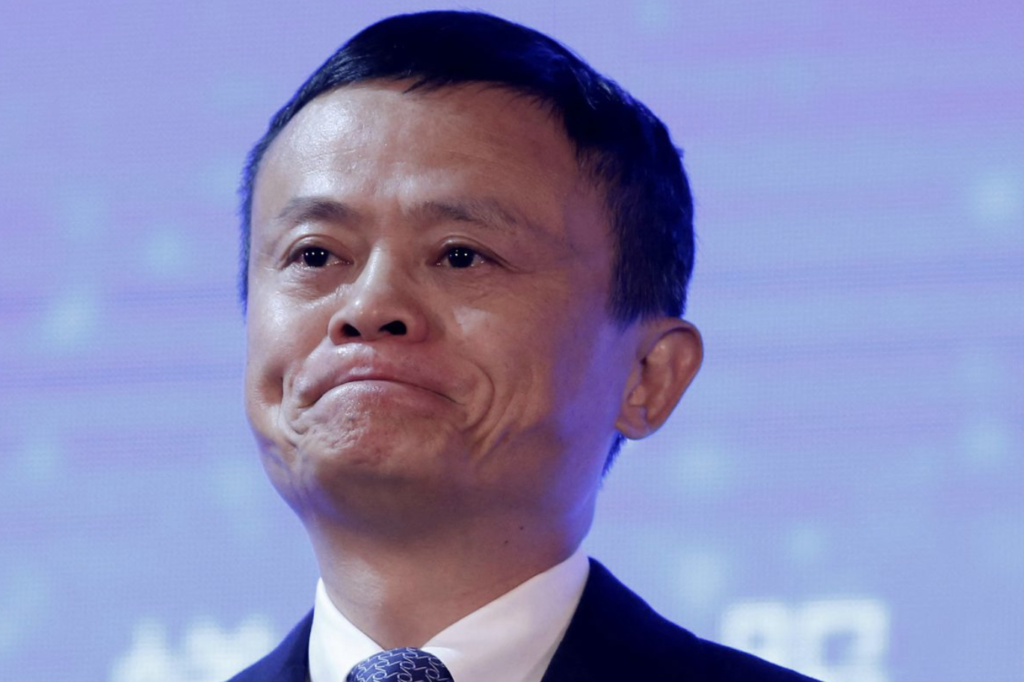The billionaire Jack Ma will give up control of the Chinese fintech giant Ant Group under a corporate restructuring

Image: Reuters
In a Jan.7 statement, Ant Group announced it was undergoing an ownership restructuring, which would leave “no shareholder, alone or with other parties” with dominant “control over Ant Group.”
Although, technically, Jack Ma owns only 10% of Ant Group, in reality, he controls the company through related entities that own 53.46% of the shares of the fintech giant. Under the restructuring scheme, the billionaire will cede control over the company and transfer voting rights to independent Ant executives.
After the announced changes in governance structure, Alibaba’s founder will control just over 6% of the Group. The planned two-year restructuring will turn Ant Group into a financial holding company subject to capital requirements similar to those applicable to banks.
Allegedly, the changes were caused by a regulatory crackdown on large private investors. Jack Ma has previously criticised Chinese authorities and traditional banking structure. In late 2020, a planned $37 billion Ant Group IPO was postponed by tighter restrictions on fintech firms entering the banking market. Regulators imposed fines and restrictions on national tech leaders, causing them to lose hundreds of billions of dollars of their valuations and see shrinking revenues.
At the same time, the government has recently shown some signs of easing up on tech firms. At an economic work conference, government officials said they would support online companies to boost economic growth and create more jobs. Besides, China Banking and Insurance Regulatory Commission allowed Ant Group to raise $1.5 billion in capital for its consumer finance unit last month.
Ant Group stated the adjustment of the shareholding structure will make decision-making more transparent and diversified, which will facilitate the steady development of the company.
However, the Group has no plan to initiate an initial public offering (IPO). After the change in corporate control, companies should wait between one and three years to list on the Chinese stock markets.
SEE ALSO:
Alibaba’s Cainiao opens in Brazil
Alibaba-backed EV brand offers drive-to-earn Metaverse experience









